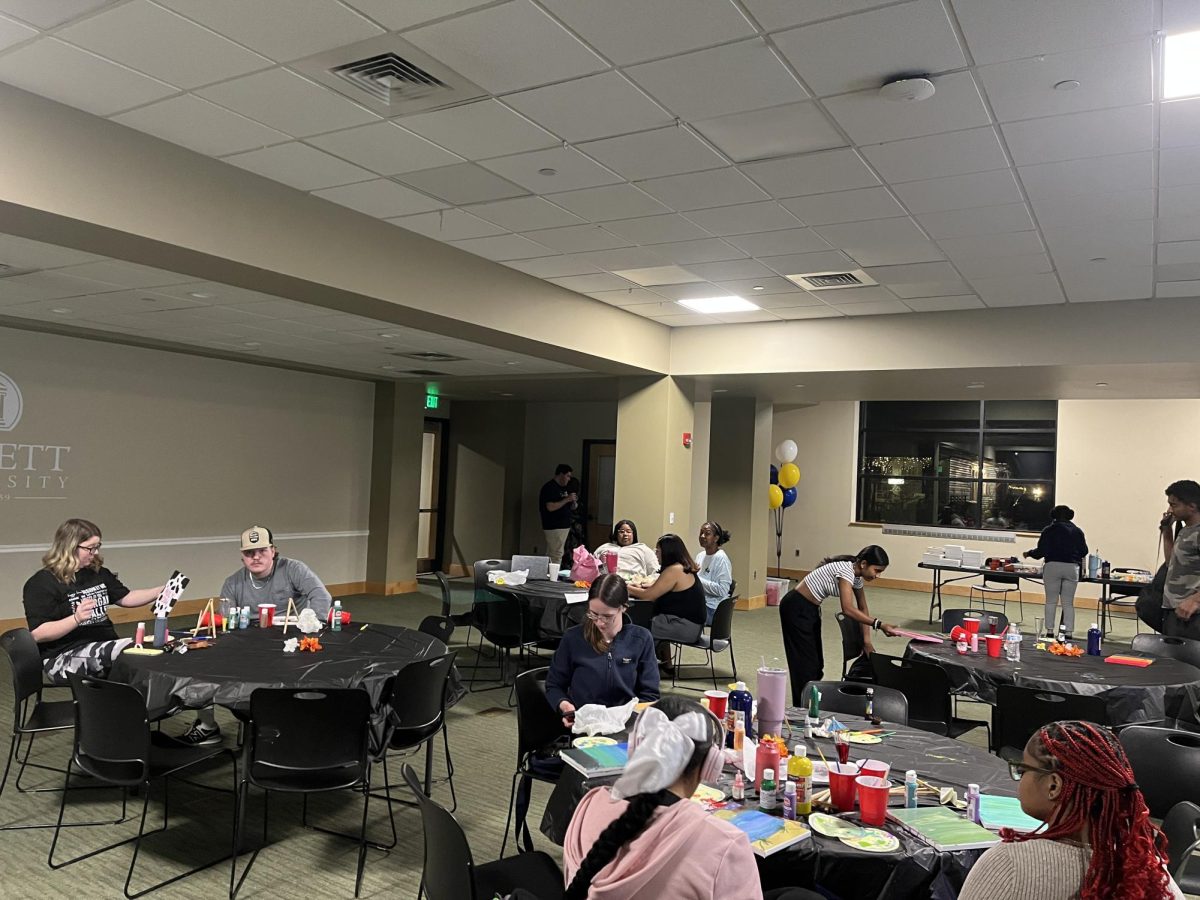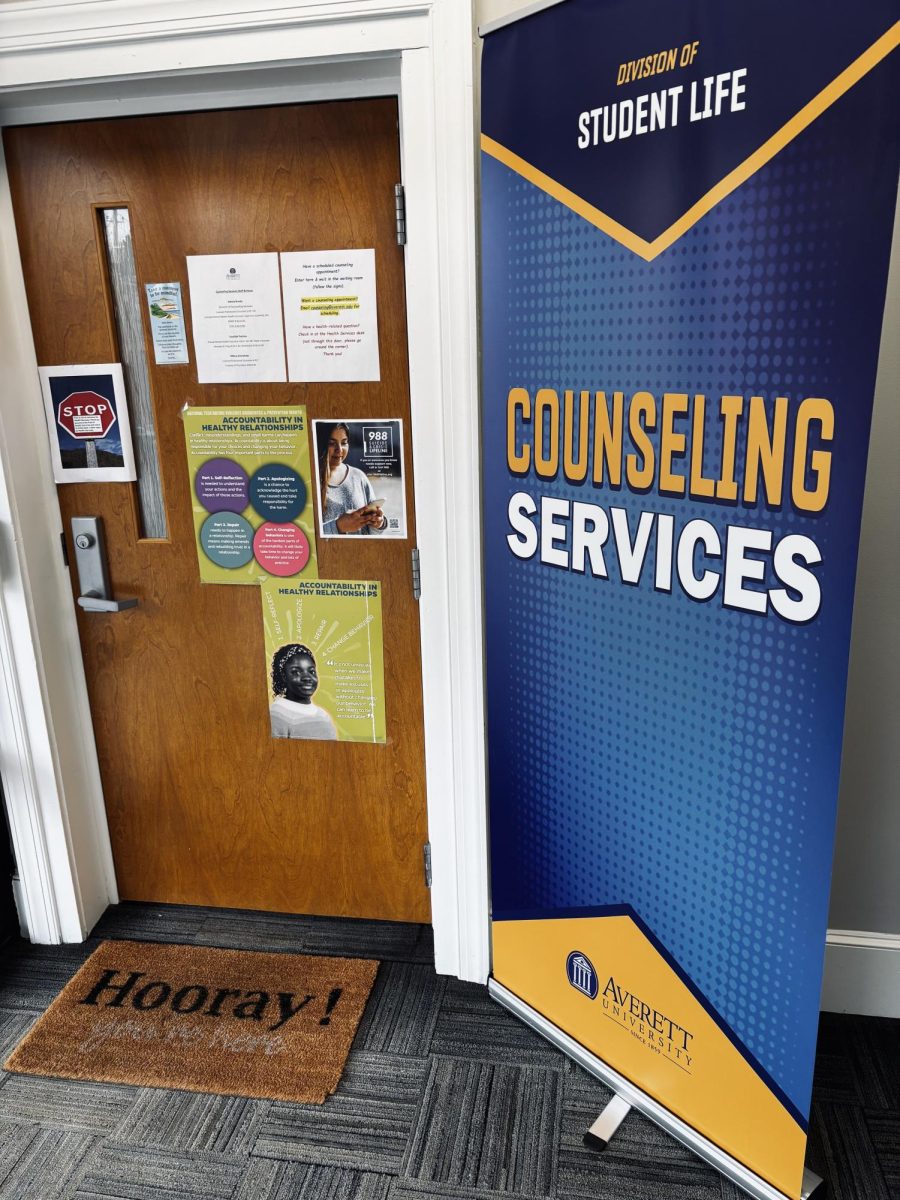As the university experiences a surge in student enrollment, the residence halls are feeling the pressure. With many students eager to live on campus, the challenge of accommodating everyone has pushed housing staff to adapt in real time. Behind the scenes, administrators are implementing creative solutions to ensure all students have a place to call home.
Rana Davis-Robinson, the area coordinator of Fugate and Commons, emphasized that housing staff anticipated the influx of students.
“We’ve maximized space in existing residence halls and worked closely with admissions to monitor enrollment numbers,” she said. The university has even explored options such as converting common areas into temporary housing and forming off-campus partnerships to accommodate overflow.
Lattoria Glenn, area coordinator of West Main and Main Complex, outlined one of the biggest obstacles: limited space.
“We’ve increased flexibility in housing assignments and prioritized communication with students who may be on waitlists,” Glenn explained. “We’ve also worked closely with facilities to maximize the functionality of shared spaces.”
To manage overcrowding, Davis-Robinson added that the university has “created roommate matching programs, optimized the use of double-occupancy rooms, and reduced the number of single-occupancy rooms where possible.” Maintaining the functionality of common areas is key, she stressed, even as these spaces accommodate a higher number of residents. For students still without permanent housing assignments, the university is offering temporary options in converted lounges or even nearby hotels.
McKelvey Stone, coordinator of housing operations, spoke about the importance of preparing staff to handle the increased demand. “We do a two-week training in August, offering skills like conflict resolution and procedural training,” Stone said. Staff are put through “behind closed doors” scenarios where they can practice interacting with students facing real-world issues. This hands-on approach ensures the staff is well-prepared to manage the complexities of student housing.
In the first few weeks, students often need time to adjust to their living arrangements. “We’ve increased training focused on communication, conflict resolution, and time management to ensure our staff feels prepared to handle the busy first month,” Glenn explained.
Feedback is key, said Stone, adding that the university listens to students’ concerns and adjusts policies when necessary. “Each new group of students brings a new experience, and so we may adjust policies throughout the semester based on feedback,” Stone said.
When logistical challenges arise, whether related to facilities or housing assignments, the housing staff emphasizes communication. “We are preaching patience and flexibility because we’re doing the best we can to fix issues and make the student experience as smooth as possible,” Stone noted.
The housing team’s focus remains on making the students feel supported, even in the face of unexpected challenges. By staying adaptable, the university is navigating the realities of increased enrollment while keeping the student experience at the forefront.
















